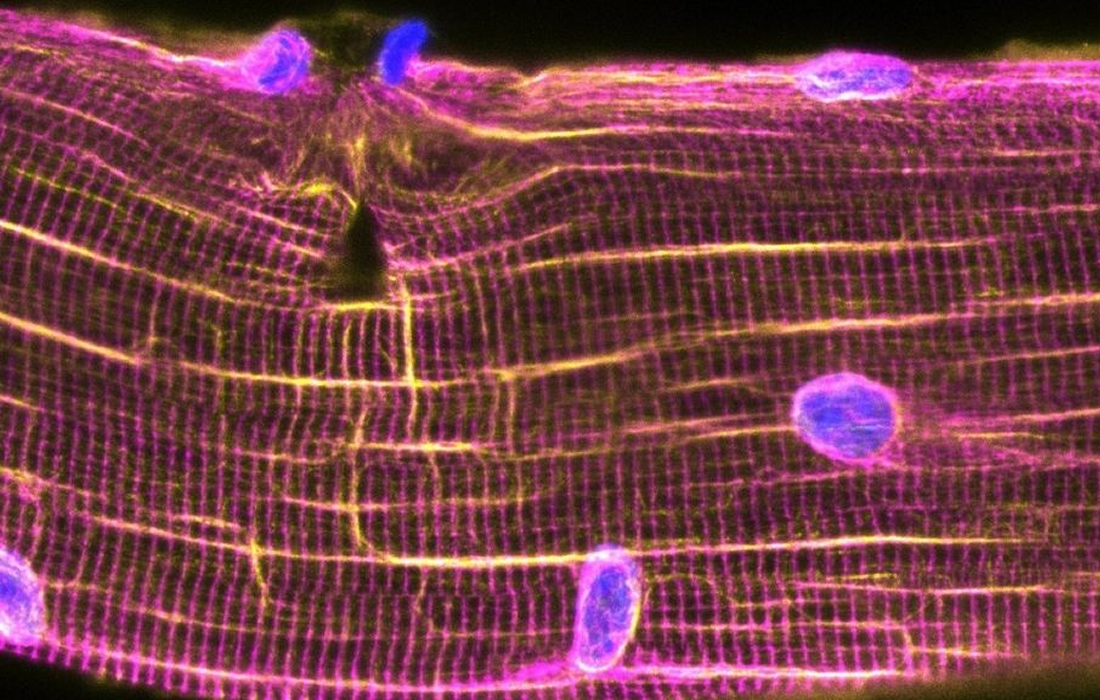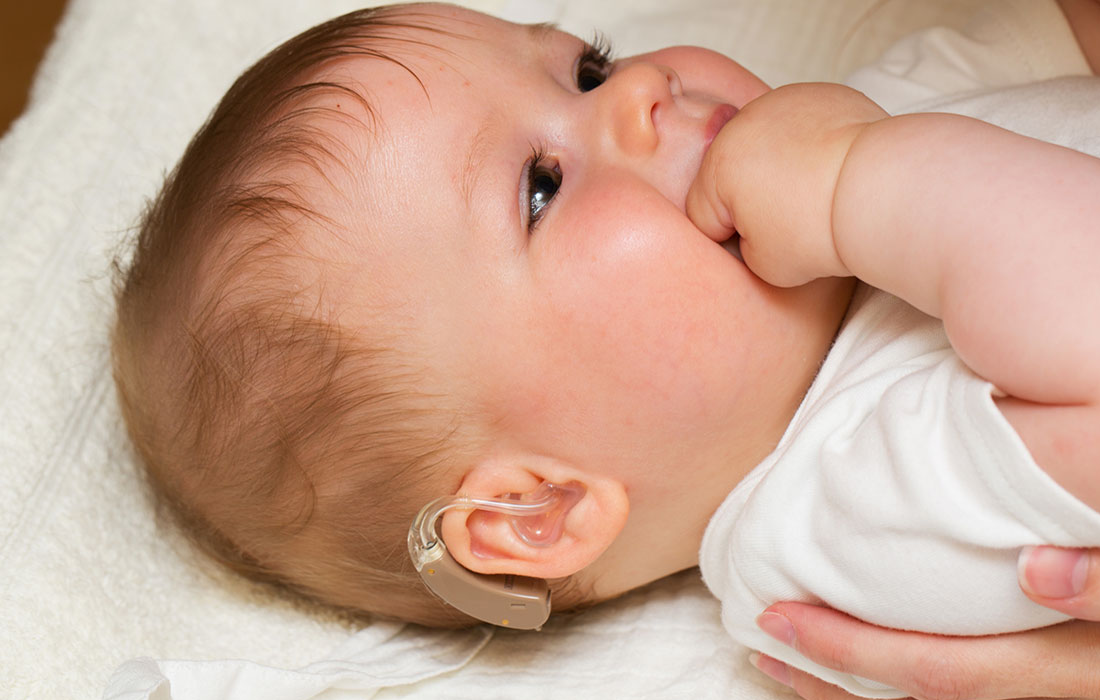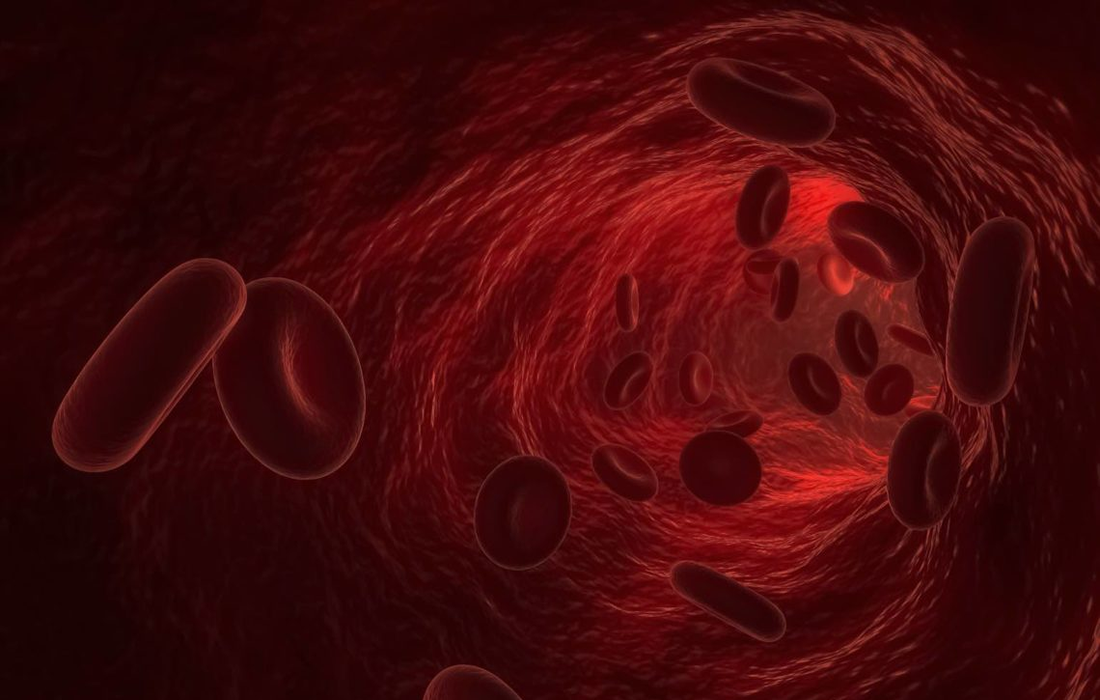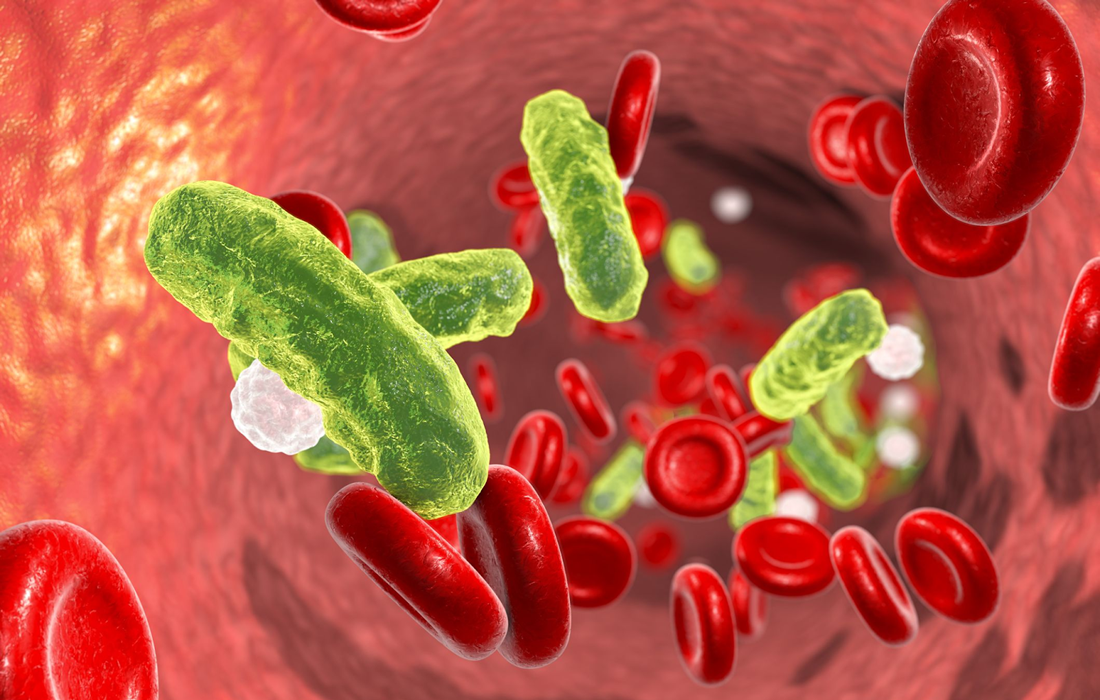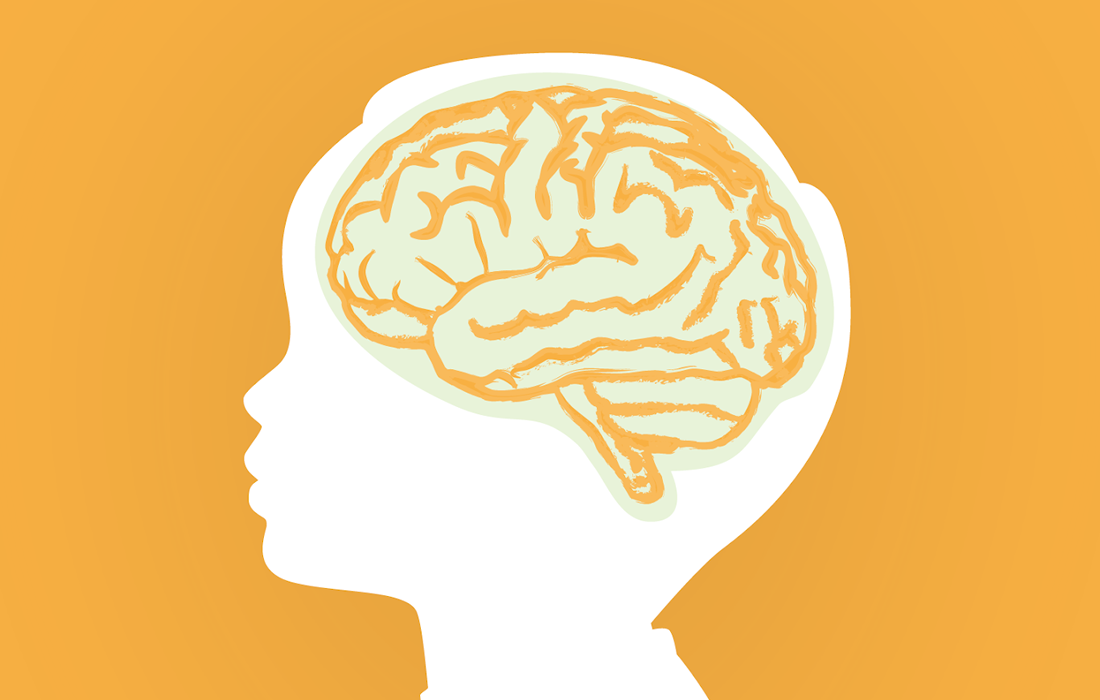Therapies to target neuromuscular disorders affecting million of people worldwide are on the horizon thanks to research at the Montreal Clinical Research Institute of Montreal. Fusion of myoblasts, the stem cells responsible for the formation of skeletal muscles, could allow the repair of muscles damaged by diseases such as muscular dystrophy. The formation of muscles, […]
Category Archives: Stem Cell Therapy for Specific Conditions
Sometimes kids trip and fall, and their teeth take the hit. Nearly half of children suffer some injury to a tooth during childhood. When that trauma affects an immature permanent tooth, it can hinder blood supply and root development, resulting in what is essentially a “dead” tooth. Until now, the standard of care has entailed […]
A genetic defect is the most common cause of hearing loss at birth and in childhood. These hearing losses have a profound negative impact on daily living. Numerous causative genes for genetic hearing loss have been identified. However, at present, there are no truly curative therapies for this condition. When considering curative treatments for genetic […]
Hematopoietic stem cells (HSCs) have the capacity to both self-renew and differentiate into all mature blood cell types, making them promising treatments for a variety of diseases. However, the mechanisms involved in engraftment — when the cells start to grow and make healthy blood cells after being transplanted into a patient — are poorly understood. […]
Sepsis accounts for one in five deaths worldwide and is a common final pathway for many disease processes such as cancer, diabetes, and cardiovascular disease. Sepsis is an inflammatory syndrome largely driven by the activation of immune cells by pathogen associated molecular patterns (PAMPs) and damage-associated molecular patterns (DAMPs). After recognizing these molecules via pattern […]
Immune checkpoint inhibitors are widely used to treat a variety of cancers; however, one serious side effect is the onset of type 1 diabetes. Now, researchers from Osaka University have discovered that stem cell therapy may protect against such side effects. One strategy by which tumor cells evade recognition by the immune system is by […]
Aging is characterized by a time-dependent decline in the homeostatic functions of most tissues and organs . In mammals, including humans, aging impairs the skin’s regenerative capacity after injury. This age-associated impaired skin wound healing predisposes patients to non healing chronic disorders that are recognized as age-related complications, including diabetic ulcers, pressure sores, and venous […]
Olfaction is impaired in 12% of the US population due to causes such as age-related decline, post-viral damage, head trauma, or genetic disorders affecting olfactory neuron function. Impairments in the sense of smell are often permanent and lack treatment options. Recent studies in mice have shown the potential of viral gene therapy to restore olfactory […]
The malignant brain tumor type medulloblastoma can become resistant to therapy which can cause relapse. Researchers at Uppsala University have discovered a certain protein that makes tumor cells resting and insensitive to radiation treatment. The research group hopes that the results could eventually lead to better treatments for children that have the highest risk to […]
Adrenal glands , also known as suprarenal glands, are two small organs that sit on top of each kidney. The adrenal glands make different types of hormones you need to stay alive and healthy. Hormones are chemicals that travel in your bloodstream and control how different parts of your body work. The adrenal glands make […]

